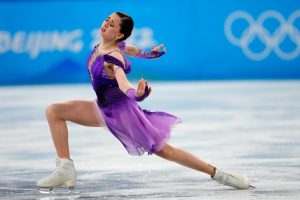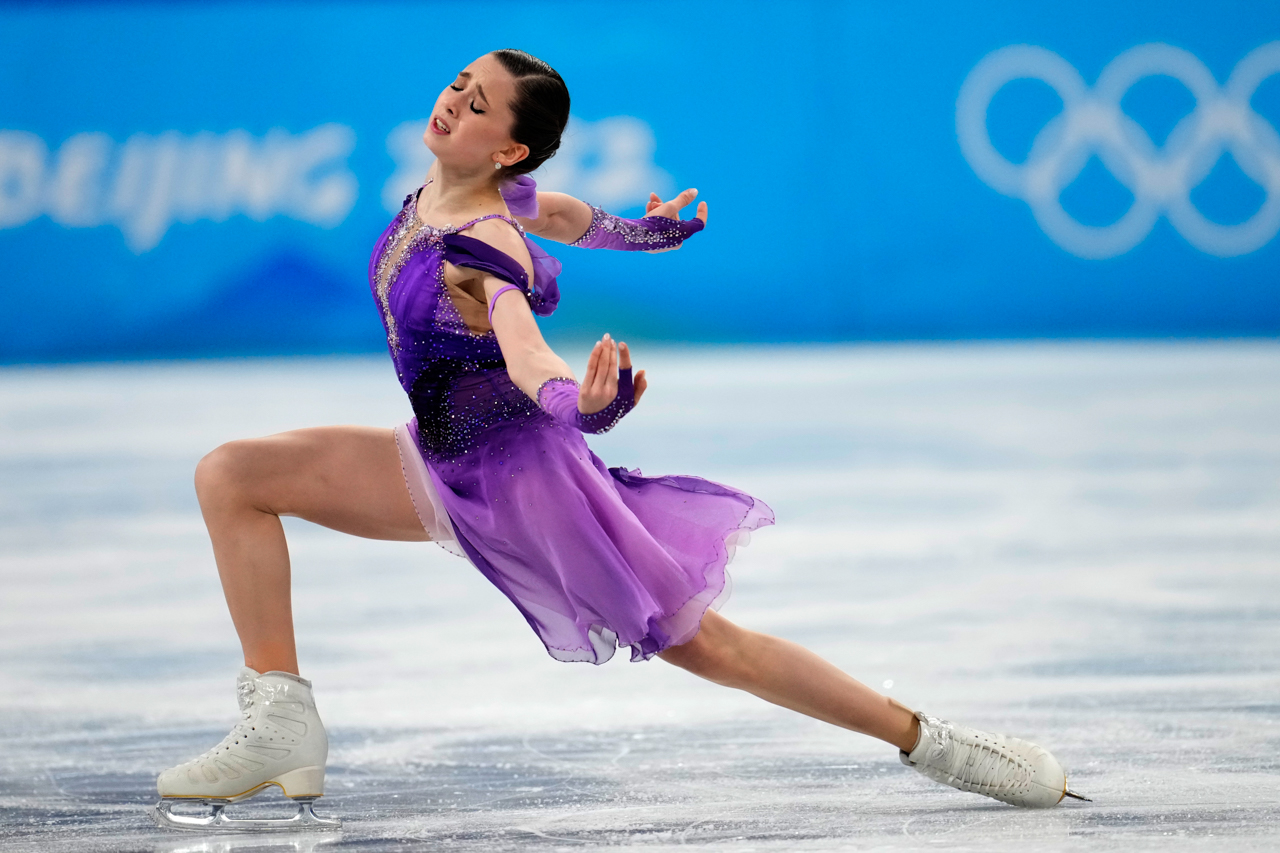As the 2022 Beijing Winter Olympics came to a close on Sunday night, one headline loomed: another Russian doping scandal.

This time, it was reported that 15-year-old Russian figure skater Kamila Valieva tested positive for the drug trimetazidine before the Olympics began. Nonetheless, the Court of Arbitration of Sport ruled on Feb. 14 that “no provisional suspension should be imposed on the Athlete” on the basis that Valieva is a “Protected Person” under the World Anti-Doping Code.
Around the world athletes and spectators alike were stunned by the decision to allow Valieva to continue to compete. Here in Oxford, students and alumni were both alarmed by the decision and concerned about the lack of consistency in enforcing anti-doping regulation.
Alison Weisz, an Ole Miss alumna who competed in rifle shooting at the 2020 Tokyo Summer Olympics, was held to a standard alongside her teammates and all athletes competing in the Olympics that Valieva was not held to.
“All I can say is that regarding doping as a whole, as an athlete, I support athletes competing clean,” Weisz said.
Trimetazidine, the drug found in Valieva’s system, increases blood flow to the heart and decreases rapid changes in blood pressure. It is classified by the World Anti-Doping Agency alongside hormones and metabolic modulators, classes of steroids that athletes have been known to use for performance enhancement.
Cortney Kinder, a graduate assistant in athletic training for the Department of Campus Recreation, said that this type of steroid is particularly beneficial for endurance athletes, like figure skaters, and helps to calm nerves by decreasing changes in blood pressure.
“Entering into competition, especially on the world stage at such a young age, there is a lot of nervousness getting out on the ice,” Kinder said. “This would cause a spike in blood pressure, create anxiety and potentially cause a greater chance for the athlete to have an error when competing.”
Learning to deal with nervousness is something athletes, especially Olympic athletes, have to do from a very young age. With time and maturity, Kinder said it is assumed that athletes are better able to handle the stress and pressure of international competition. At just 15-years-old, Valieva was considered a “Protected Person,” or a minor, which was taken into consideration when deciding whether or not she would be allowed to compete.
In agreement with the Court of Arbitration, Kinder noted that because of Valieva’s young age, the responsibility to take care of her health and safety fell to her coaches.
“They are encouraging the use of drugs that have the potential to have lasting negative effects later in life for a gold medal in the present. They are putting winning above the health of an individual. I can understand where she could see following their direction would be the best for her. She has been misguided,” Kinder said.
Valieva’s story, however, is not new. The World Anti-Doping Agency barred Russia from international competitions in 2019. Since then, Russian athletes have competed under the title of the Russian Olympic Committee after a state-sponsored doping scheme was uncovered at the 2014 Sochi Winter Olympics.
Competing clean is something Olympic athletes live by. If they don’t, they typically face consequences. Before the 2020 Tokyo Summer Olympics, Sha’Carri Richardson tested positive for THC and was not allowed to compete in the 100 meter.
Richardson said in a Tweet that she felt the only difference between her case and Valieva’s was their races.
Former competitive athlete and current junior biomedical engineering major Sarah Dufour, after reflecting on the disparities in the punishments given to Valieva and Richardson, said the only thing she felt was confusion.
“The drug that Richardson took would have hindered her performance,” Dufour said. “I don’t understand how they can penalize her for that when Valieva was using a drug that gave her an unfair advantage.”
Dufour also said that her years as a competitive athlete taught her how unfair and biased sports can be and that decisions are not always fair.
“From playing sports for so many years I know how frustrating it is to know someone has a leg up on you. I think there’s a disparity between the decisions made for Valieva and Richardson,” Dufour said.
Despite backlash from around the world, Valieva completed the women’s figure skating competition and finished in fourth place while two of her teammates took the gold and silver medals. Earlier in the games, Valieva had helped the Russian Olympic Committee take gold in the team figure skating competition. A medal ceremony was never conducted for the event as it remains under investigation.
















